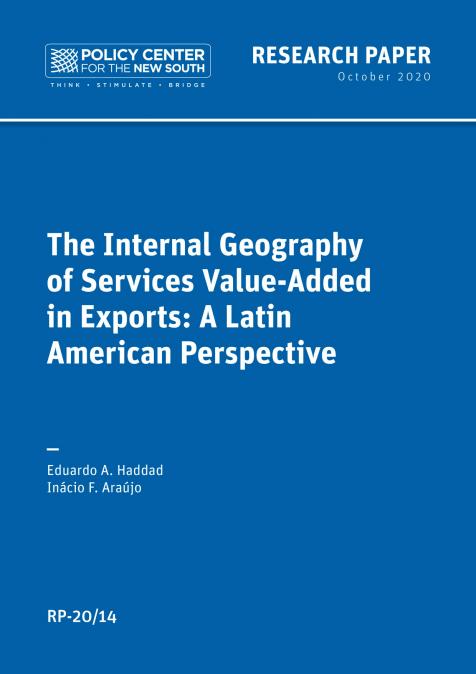Publications /
Paper in Academic Journals
The Regional Economics Applications Laboratory (REAL) celebrated its twenty-fifth anniversary in 2014. Since then, REAL has become one of the leading research centers of regional science worldwide. In this article, we describe the scholarly network involving REAL’s alumni working in academia in Brazil. We analyze the patterns of research collaboration among around fifty Brazilian researchers whose main activities are related to academic institutions in Brazil. The Brazilian REAL network has shown to be an interesting case study that reflects the pattern of evolving collaboration networks in scientifically emerging economies. The expansion of the REAL scientific collaboration network in Brazil emerges as a relevant mechanism for both a qualitative leap in national scientific production in regional science and for the dissemination of knowledge in peripheral regions of the country. Conducted under the leadership of Geoffrey J. D. Hewings, it has helped to develop regional science in the country still further. This case study serves as an example of knowledge diffusion and of the role played by key researchers in the evolution of this network, providing a contribution to the science of research and innovation.









